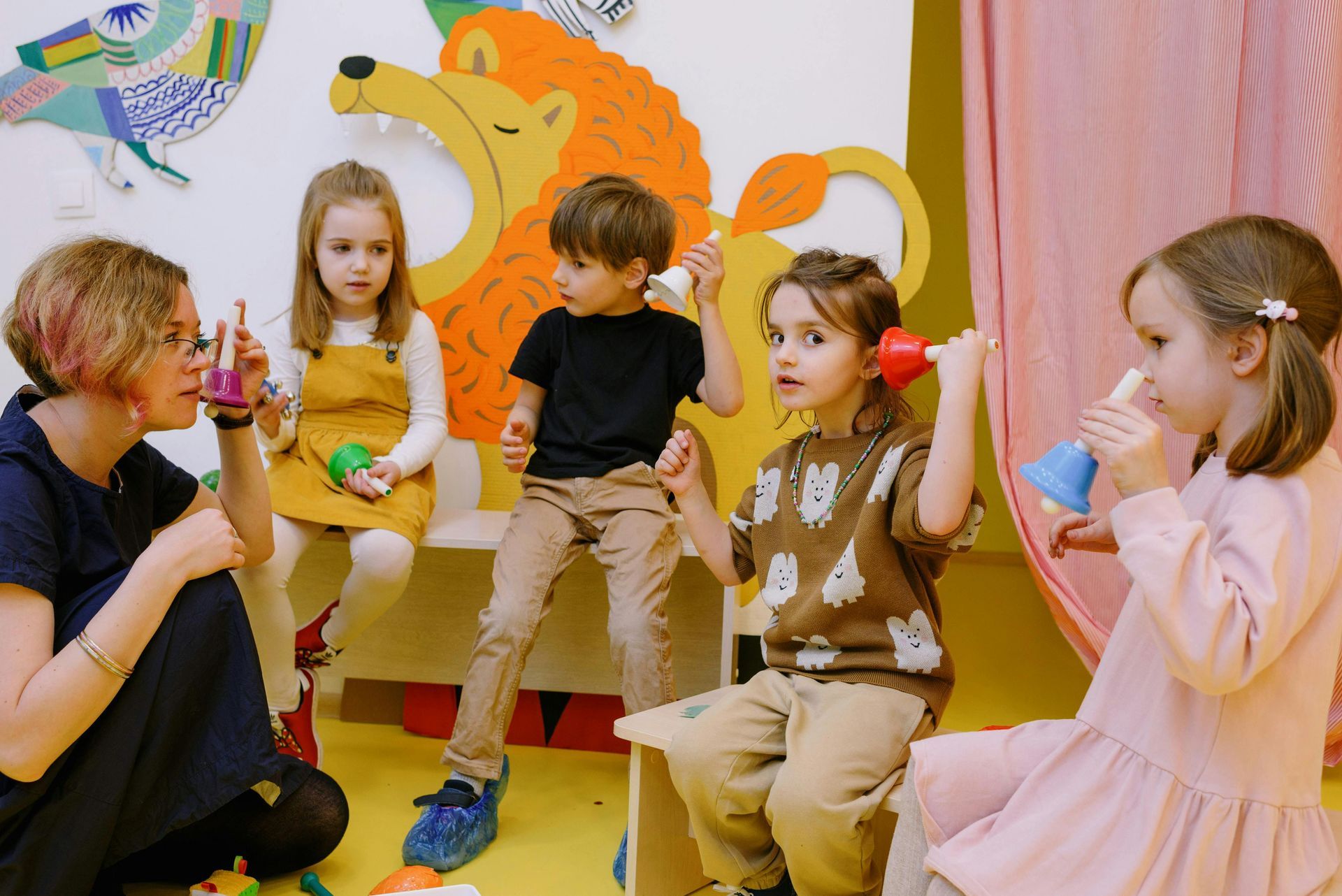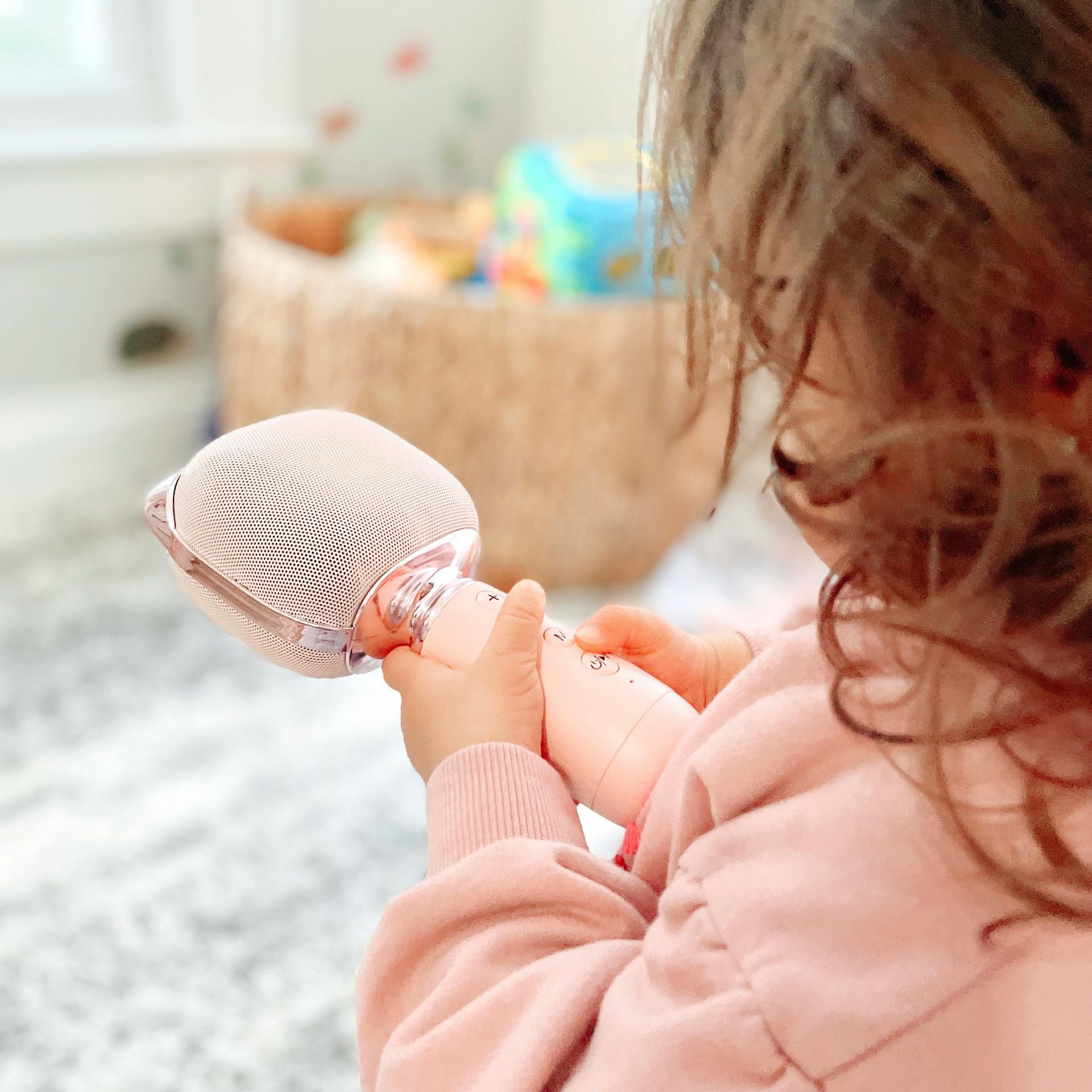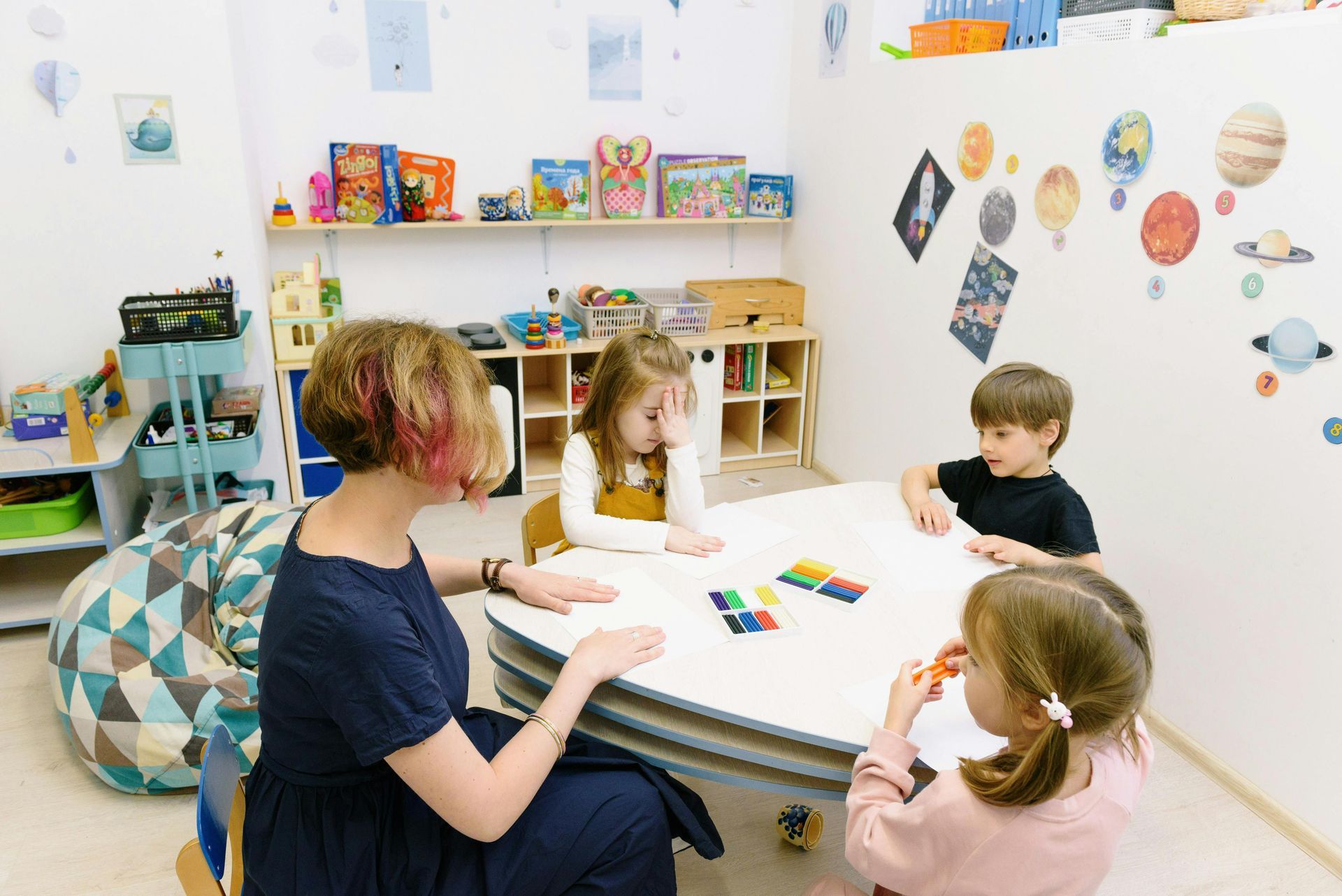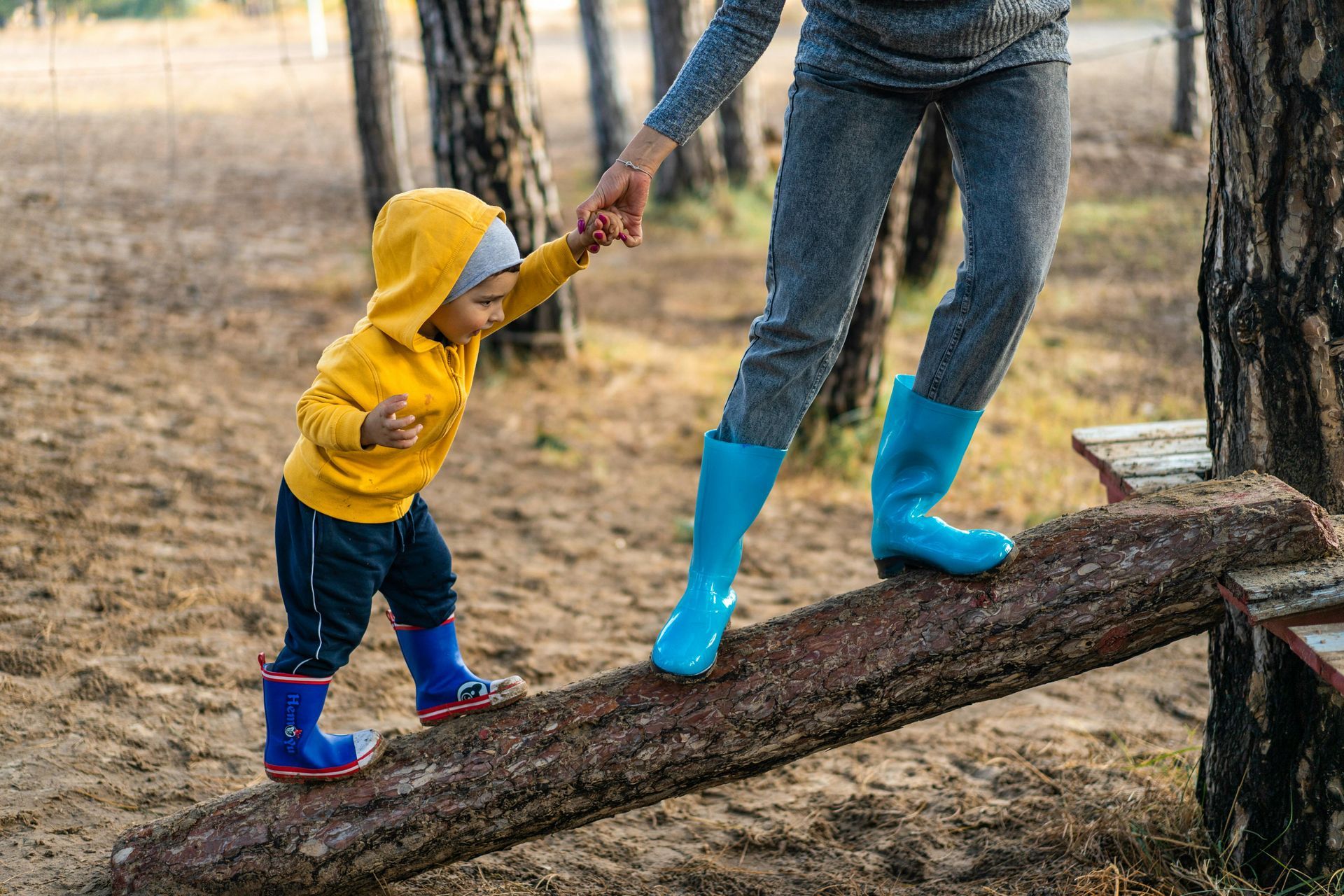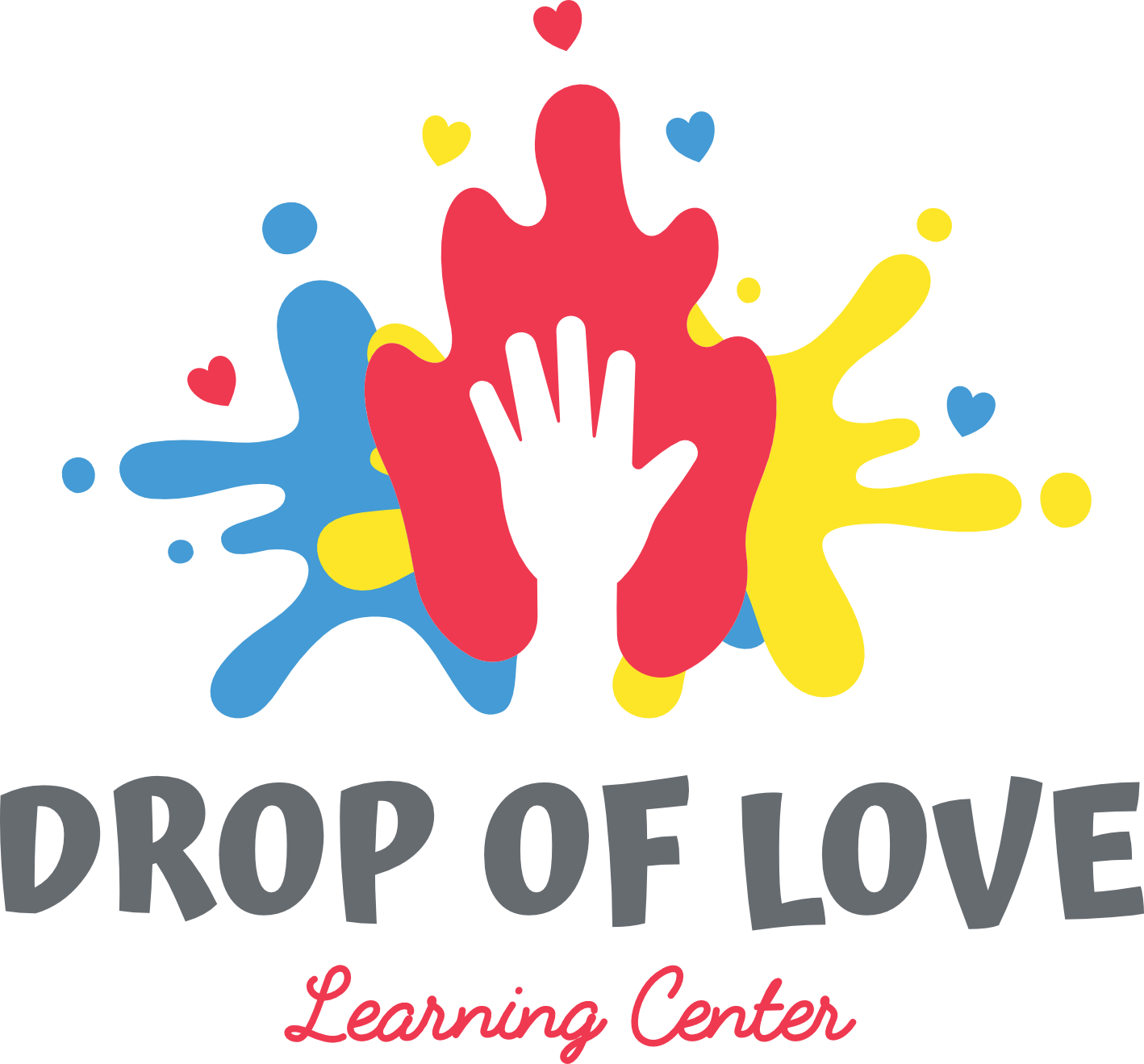Fostering Emotional Intelligence in Early Childhood: The Key to Lifelong Success

At Drop of Love Orlando, we understand that early childhood is a crucial period for social-emotional development. It’s the time when children start to develop essential life skills like empathy, self-regulation, and the ability to form relationships. Social-emotional skills lay the groundwork for success not only in school but in all areas of life. In this blog post, we’ll delve into the significance of nurturing social-emotional development from a young age and how it shapes a child’s future well-being and success.
What is Social-Emotional Development?
Social-emotional development refers to the process by which children learn to understand, express, and manage their emotions, as well as build healthy relationships with others. It includes:
- Emotional regulation: The ability to manage and respond to emotional experiences in a healthy way.
- Self-awareness: Recognizing and understanding one’s own emotions, strengths, and weaknesses.
- Social awareness: Understanding and respecting others’ emotions and perspectives.
- Relationship skills: Building and maintaining healthy, positive relationships with peers and adults.
- Responsible decision-making: Making choices that consider the well-being of oneself and others.
From infancy through early childhood, these skills are developed through daily interactions and experiences, including play, communication, and guidance from caregivers and educators.
Why is Social-Emotional Development So Important?
The early years are foundational for emotional and social growth, which has far-reaching effects on a child’s ability to succeed academically and thrive in social environments. Here are some reasons why social-emotional development is so critical in early childhood:
1.
Stronger Academic Performance
Children with well-developed social-emotional skills tend to perform better academically. Why? Because they are better able to focus, collaborate, and stay motivated. They are also more likely to exhibit positive behaviors in the classroom, such as following directions, participating in group activities, and managing their emotions in challenging situations. These skills create an optimal learning environment that supports cognitive development.
2.
Improved Mental Health and Well-Being
Children who develop strong emotional regulation skills are better equipped to cope with stress, frustration, and setbacks. These coping mechanisms are essential for mental health and emotional well-being. Children who struggle with emotional regulation are more likely to experience anxiety, depression, and behavioral issues as they grow older. By nurturing social-emotional development, we help prevent these challenges and set children on a healthier, happier path.
3.
Better Relationships and Social Skills
Social-emotional development is closely tied to building healthy relationships with others. Children who develop empathy, active listening, and conflict-resolution skills are better able to connect with their peers and form lasting friendships. These skills also help children navigate challenging social situations, whether it’s resolving a disagreement or comforting a friend in distress. Positive social interactions foster a sense of belonging and self-worth, both of which are essential for emotional growth.
4.
Greater Resilience
Resilience is the ability to bounce back from adversity, and it is a key indicator of future success. Children with strong social-emotional skills are more likely to be resilient in the face of challenges, whether they’re dealing with a tough situation at school or facing personal difficulties. By fostering resilience from an early age, children develop the tools they need to overcome obstacles and persevere in the face of adversity.
How Drop of Love Orlando Nurtures Social-Emotional Development
At Drop of Love Orlando, we recognize the importance of cultivating social-emotional skills in every child. Our approach integrates activities, routines, and interactions that specifically support emotional growth. Here’s how we nurture social-emotional development:
1.
Creating a Safe and Supportive Environment
We create an environment where children feel emotionally safe and supported. A positive atmosphere helps children express themselves openly, take risks, and learn how to handle their emotions in a constructive way. When children feel secure, they are more likely to engage with peers, participate in activities, and form positive relationships.
2.
Teaching Emotional Vocabulary
One of the most essential aspects of emotional development is the ability to identify and label emotions. At Drop of Love Orlando, we regularly introduce children to a variety of emotions, such as happiness, sadness, frustration, excitement, and fear. By teaching children to recognize and name their emotions, we help them develop emotional intelligence. We also encourage children to express how they are feeling and talk about why they feel that way.
3.
Modeling Empathy and Compassion
At Drop of Love Orlando, we understand that children learn by observing the adults around them. That’s why we model empathy, kindness, and respect in all our interactions with the children. We encourage children to think about how others might feel and how their actions affect others. Role-playing and storytelling are two tools we use to help children practice empathy and compassion in real-life situations.
4. Promoting Conflict Resolution Skills
Disagreements and conflicts are a natural part of life, and learning how to resolve them is an essential skill. We guide children in solving conflicts in a peaceful and productive way by using clear communication, listening, and compromise. We encourage children to express their feelings and listen to the feelings of others. We also teach children to use “I” statements (e.g., “I feel sad when you take my toy”) to express themselves calmly and respectfully.
5.
Encouraging Positive Reinforcement
Positive reinforcement is an effective way to encourage children to display positive social-emotional behaviors. At Drop of Love Orlando, we celebrate small victories such as sharing, being kind to a friend, or demonstrating self-control. By acknowledging these behaviors, we help children understand the value of positive actions and create an environment that rewards emotional growth.
Long-Term Benefits of Nurturing Social-Emotional Development
The benefits of social-emotional development extend far beyond early childhood. Children who develop strong social-emotional skills are more likely to experience success throughout their lives. Here’s how these skills translate into long-term benefits:
1.
Success in School and Beyond
Children who have mastered emotional regulation, self-awareness, and social skills are better able to succeed academically. They are more likely to stay engaged, follow instructions, and manage their behavior in school. As they progress through their education, their ability to handle stress, build relationships with teachers and peers, and manage challenges will contribute to their success in school and beyond.
2.
Stronger Relationships in Adulthood
The social-emotional skills developed in early childhood lay the foundation for healthy relationships later in life. Whether in friendships, family dynamics, or romantic partnerships, the ability to empathize, communicate effectively, and manage emotions is essential for forming and maintaining meaningful relationships. Adults who have a strong sense of emotional intelligence are also better equipped to handle conflict and navigate complex social situations.
3.
Career Success
Social-emotional skills are not just important for personal relationships—they also play a critical role in professional success. Employers value employees who can communicate well, work in teams, handle stress, and resolve conflicts. Emotional intelligence is often seen as a key factor in leadership, decision-making, and collaboration in the workplace. Children who develop social-emotional skills early on are better prepared to succeed in their careers as adults.
Discover how early childhood education and emotional resilience work hand-in-hand to shape a child’s future in these valuable reads: Building Strong Foundations: The Role of Early Childhood Education in Shaping Future Success and Fostering Emotional Resilience in Early Childhood: A Key to Lifelong Success.
Conclusion: A Strong Foundation for Lifelong Success
At Drop of Love Orlando, we believe that social-emotional development is just as important as cognitive development. By nurturing these skills from a young age, we set children up for success in school, relationships, and their future careers. Through a supportive environment, positive reinforcement, and guidance in conflict resolution and emotional expression, we help children build the emotional intelligence that will serve them for a lifetime.
By focusing on social-emotional development, we empower children to be kind, resilient, empathetic, and capable of navigating life’s challenges with confidence and ease.
